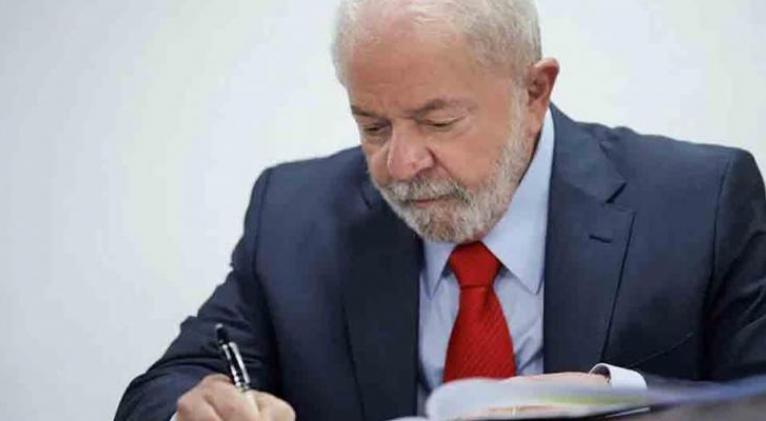Public Power in Brazil Towards Greater Transparency
especiales

This May 16th, the president of Brazil, Luiz Inácio Lula da Silva, signed a decree with which he intends to improve the transparency mechanisms of public power. This occurred precisely when the 11th anniversary of the Access to Information Law (AIL) came into force.
The recent decree updates the regulation of AIL. Among other aspects, it enables the applicant to preserve its identity. Likewise, according to what was disclosed by the Brazilian government, the classification of information as "reserved" and "confidential" should also be explained more explicitly and substantiated by public entities.
The signing of this decree confirms the will of Lula and the Workers' Party (PT) to make the management of public institutions more and more transparent, which are not few in the South American Giant. It was former president Dilma Rousseff, also from the PT, who signed, more than a decade ago, the aforementioned AIL. She did so after what Lula himself has described as an extensive debate in the Chamber and the Senate.
In general terms, the AIL regulates access to public information in Brazil. It stipulates that people have the right to receive information from any public body. Its validity reaches the three powers of the federation: the executive, the legislative, and the judicial.
According to a scientific article published in 2020, AIL"has brought about a notable change in relation to the actions of various public bodies." This is very favorable for Brazilian civil society. This is a vision present in the political discourse of Lula, who in the context of the signing of the new supplementary decree said:
“Without transparency there’s no democracy. And access to information needs to be increasingly present in the life of each citizen and each public entity. For this reason, in our mandates we create the bodies of transparency and the culture of open work”.
However, in the last 11 years everything hasn’t been as the legislation dictates. The current president of Brazil has recalled, for example, that during the covid-19 pandemic, with the right-wing Jair Bolsonaro at the head of the country, there was concealment of data. The lack of transparency at the federal level at that time was mitigated, to a certain extent, with the specific action of some states and municipalities; but the attitude of the main ruler brought damage to the nation.
With Lula once again in the Planalto Palace, exercising his presidential powers to improve what already exists, a favorable projection towards citizen access to information is perceived. Public power in Brazil is moving towards greater transparency.
Translated by Amilkal Labañino / CubaSi Translation Staff














Add new comment